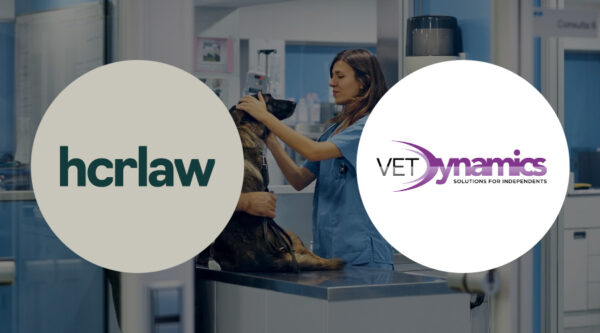

A rise in the number of pets in the UK, coupled with a shortage of vets, means many veterinary practices are considering recruiting from overseas.
Recruiting internationally means you will probably need to sponsor them, which involves applying for a Sponsor Licence. Although hiring local talent may be simpler on paper, recruiting internationally considerably increases the pool of talent, bringing with it highly skilled professionals who had not previously been considered and who may bring a fresh set of perspectives and experience.
Another scenario may be that you have found a suitable candidate in the UK, but they require permission to work in the UK. They would therefore need to be sponsored to work in your practice which is where having a Sponsor Licence already is extremely helpful.
Being able to sponsor overseas talent and migrant workers in the UK has several benefits, the most important one being that sponsored workers are much more likely to stay in a role long-term. As their visas are tied to the duration of their job role, they will naturally show a stronger commitment to your veterinary practice, boosting staff retention and reducing future recruitment costs.
How do you apply for a Sponsor Licence and what does it cost?
The Sponsor Licence process involves completing an online application form and submitting at least four supporting documents. Depending on whether your practice is classed as a small or large sponsor, the costs for this stage range between £574 to £1,579.
The proposed worker will then need to be assigned a Certificate of Sponsorship (CoS) which enables them to apply for their Skilled Worker visa. Costs for this will also depend on whether you are a small or large sponsor but to sponsor someone for a three-year period could incur Home Office fees of at least £5,491.
Who is liable for immigration fees when recruiting from overseas?
Some employers may be put off recruiting from overseas as Home Office fees can be significant, but the employer does not need to take on all the costs themselves.
Certain fees like the visa application fee and immigration health surcharge can be paid directly by the candidate.
As the employer, you can also claw back certain immigration costs if the sponsored worker leaves their employment before their visa expires by adding a clawback clause in their employment contract.
Sponsors should note that the Sponsor Licence fee, CoS assignment fee and Immigration Skills Charge must be paid by the sponsor and can’t be paid by the individual being sponsored.
Key takeaways when considering recruiting from overseas
For practices who are struggling to find a vet practitioner locally or if you’re looking to expand your pool for recruitment, sponsorship is one of the best ways of improving your workforce.
However, as the process can be complex and involves significant fees, many of which are non-refundable, we recommend you seek legal assistance with your Sponsor Licence application.
At HCR Law, our experienced immigration team has helped numerous businesses obtain Sponsor Licences and recruit some of the best talent available. If you have a query on hiring talent for your practice, please get in touch.










